Uruguay

Simon is 21 years old. He introduces himself as a mover’s helper. He claims not to know how to cook or clean the bathroom, but he does know how to make a bed. Recently, he seems to have become a different person…

Act of Violence Upon a Young Journalist is a film shot in 1988 and released on VHS in 1989; a mysterious cult work of Uruguayan cinema surrounded by strange theories about Manuel Lamas, its unknown creator. Until now.


Aboard a cruise ship out at sea, a young sailor discovers a door mysteriously leading to an apartment in Montevideo. Meanwhile, a group of Asian farmers find an abandoned shed in the valley, attributing it supernatural powers.

A woman and her 14-year-old daughter, who is a sleepwalker, in the midst of awakening. A marriage on the edges of a silenced crisis. A ritualistic, matriarchal, and endogamous family. Grandmother, siblings, cousins. A new summer, sweat, alcohol, traditions. Naked bodies, changing bodies, and the gazes upon those emerging bodies. A new New Year’s celebration in the old historic family mansion is the trap for the sleepwalkers to finally awaken.

Aldo, an exuberant 80-year-old man, and Gabriella, his introverted wife for the better part of five decades, candidly reflect on the deterioration of their marriage, much of which Aldo has captured on video. Watching these evocative home movies, looking through photos and hearing the couple’s stories, we are transported through the glorious and dreamy moments of a young, beautiful couple in love. But as the façade of those picture-perfect moments fades away, Aldo and Gabriella are forced to ruminate on the mistakes they’ve made and the people they no longer are. Adriana Loeff and Claudia Abend have crafted a heartfelt film about the power of love, the universality of heartbreak, and an inescapable truth: We all will grow old with less-than-perfect grace.

An anxious woman navigates the bustle of modern day Cairo to find her missing lover, a young adult strives for an authentic connection in a future society numbed by alcohol, and two Cold War-era lovers face the consequences of finding romance across political borders. A vibrant collection of short films – by turns gritty and dreamlike – exploring the changes and complexities of a Love Evolving.

Harley, a successful criminal attorney who represents the most despised people in society in Paterson, NJ, embarks on a quest to win the woman of his dreams and defeat the bully who antagonized him as a child.

Having received the ashes of his father, with whom he had no more than a distant relationship, Ramón meets Mateo during lockdown. Despite their differences, a profound connection grows between them, prompting them to question themselves. Mateo decides to accompany Ramón on the journey to scatter the ashes in Huancayo. On the way, Ramón will realise that he was looking for answers to the wrong questions, and that he must heal from within in order to move on.

Agustín forgets things; he is aging and he knows it. María is never alone: she watches over everyone, sleeps very little, and works too much. She’s increasingly overwhelmed. One day, on impulse, María decides to abandon Agustín.

A peaceful Christmas Eve is interrupted when a thief breaks into a villa. When the family’s little daughter mistakes him for Santa Claus and asks him to fulfill her Christmas wish, he will be forced to perform a miracle that will redeem secrets from the past.

Mario and Silvia are a typical Montevidean middle class couple, going through the trauma of retirement. Due to Mario’s oversight in what was to be one of his last operations a small dog dies. Shortly after, Mario and Silvia find that thieves have entered their house. They have no choice but to leave and stay at their daughter’s house, where they will enter a spiral of insecurity and paranoia that will drag them to violence and nonsense.

In the Bolivian altiplano, Virginio and Sisa, an elderly Quechua couple who have lived a quiet life for years, face an impossible dilemma during an unusually long drought: resist or be defeated by the hostile environment and the relentless passage of time.
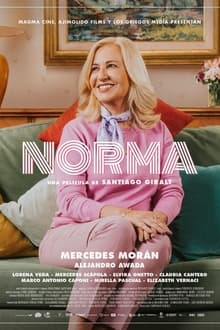
A woman finds new meaning in her life after her housekeeper quits her job.
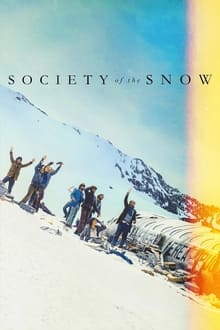
On October 13, 1972, Uruguayan Air Force Flight 571, chartered to take a rugby team to Chile, crashes into a glacier in the heart of the Andes.
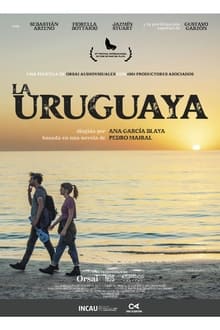
A writer who pins hopes on a free-spirited 25-year-old he meets in Montevideo to get through his midlife crisis. But his day turns out to be the most unexpected and transformative day of his life.
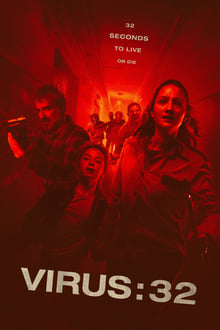
A virus is unleashed and a chilling massacre runs through the streets of Montevideo.
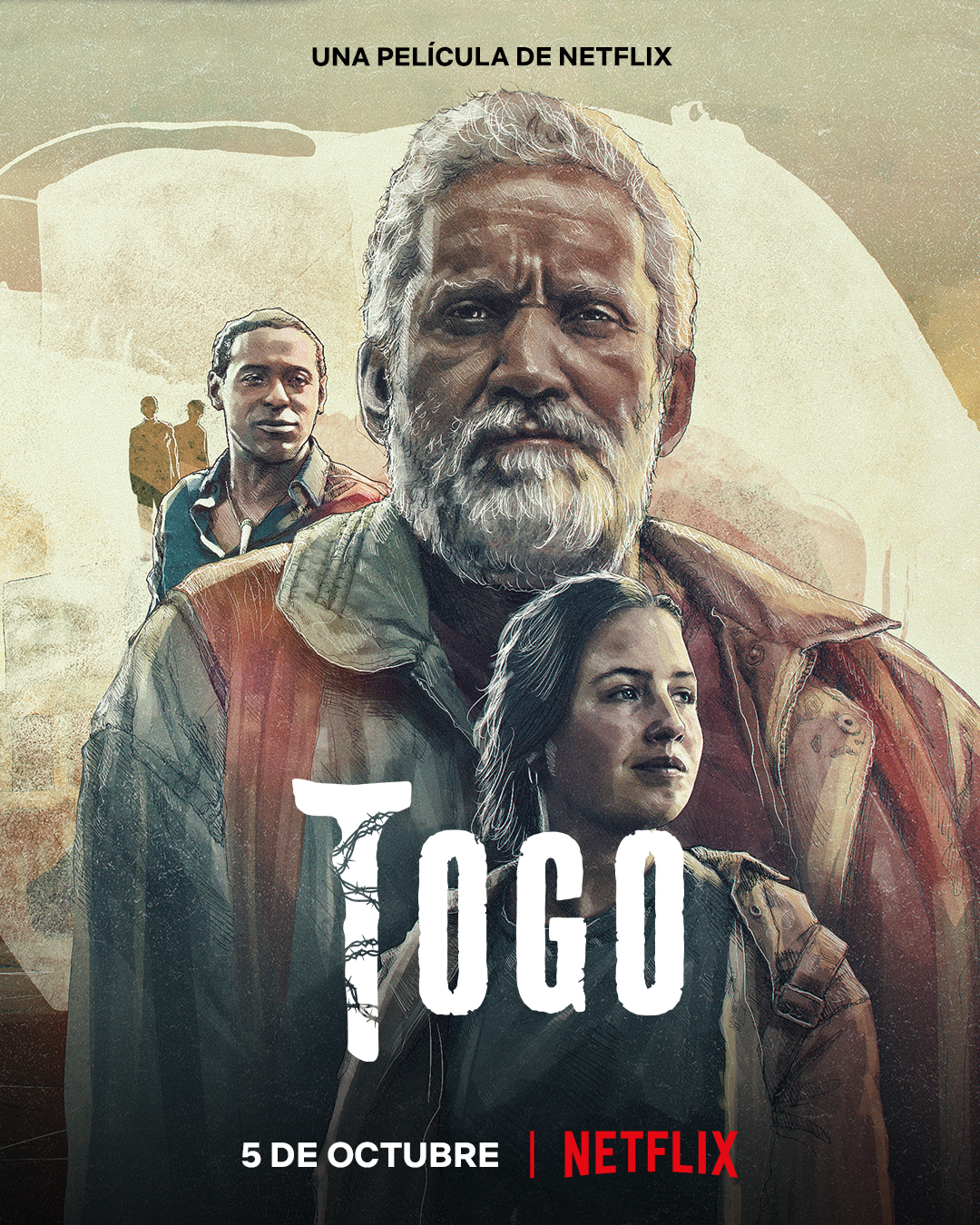
Togo just wants to watch his neighbors’ homes, wash their cars and clean up their sidewalks. But the drug traffickers want more from him.
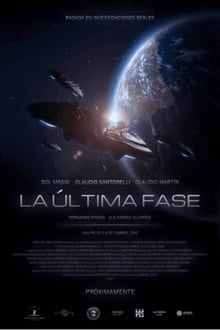
Laura Pereira begins a desperate search to find her father who disappeared. While trying to find answers, something is following her. The disappearance of her father and the strange events, could have an explanation related to the UFO phenomenon her father was investigating. Laura embarks on a quest that will put their lives in danger, that will change the destiny of humanity.
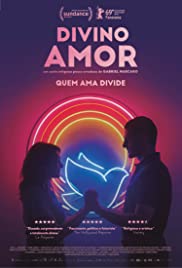
In 2027 Brazil, civil servant Joana mainly deals with divorce cases. As a member of a branch of evangelical Christians known as the Divino Amor group, she uses her position to offer a kind of physical therapy to couples who want to separate. Although Joana and her husband Danilo regularly consummate their marriage, neither her constant prayers nor any other methods of assistance seem to be able to fulfill their desire for a child.

Laura (Florencia Colucci) and her father Wilson (Gustavo Alonso) arrive at a cottage off the beaten path in order to repair it since its owner (Abel Tripaldi) will soon put the house on sale. They will spend the night there in order to start the repairs the following morning. Everything seems to go on smoothly until Laura hears a sound that comes from outside and gets louder and louder in the upper floor of the house. Wilson goes up to see what is going on while she remains downstairs on her own waiting for her father to come down. The plot is based on a true story that occurred in the 1940s in a small village in Uruguay. La casa muda focuses on the last seventy eight minutes, second by second, as Laura tries to leave the house unharmed and discovers the dark secret it hides.
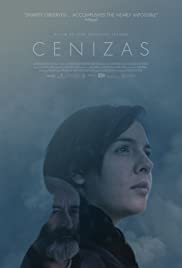
As Cotopaxi spews ash, issuing an eerie penumbra over Quito, a young woman confronts dormant familial conflicts. Desperate for a place to store her things as volcanic disaster looms, Caridad turns to her long-estranged father Galo for help. Galo abandoned Caridad’s mother long ago and is eager to make amends, but questions concerning the nature of his transgressions linger, straining communication between father and daughter and casting grave doubts over the possibility of reconciliation.
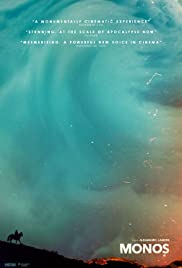
On a faraway mountaintop, eight kids with guns watch over a hostage and a conscripted milk cow.
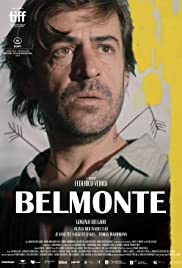
Federico Veiroj’s fourth feature examines the many, often contradictory layers that make up one’s persona, in this case, a single dad and acclaimed artist who must learn to balance family with creativity.
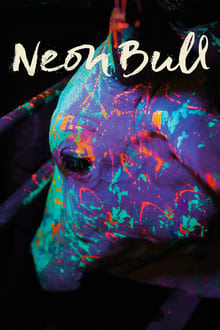
Iremar is part of a rodeo troupe that tours the Brazilian northeast. His task is to send bulls into the arena. Intensely exciting physical scenes alternate with contemplative episodes that sketch a painterly portrait of the members of the troupe. Sublime images, which alternate with a less idyllic reality: the hard work amidst the cows. Jointly they form a fabulous choreography, against the background of a rapidly changing society.
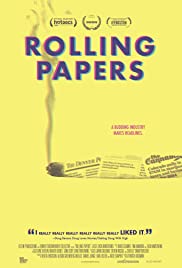
On January 1, 2014, recreational marijuana sales began in Colorado. With all eyes on ground zero of the green rush, The Denver Post became the first major media outlet to embrace it and appointed the world’s first marijuana editor. Legalization is not just an experiment for society, but a risk for the dying industry of newspapers to hedge its bets on the booming business of marijuana. Ricardo Baca sets out to report on history in the making with a team of straight-laced staff writers and fish out of water freelancers in tow for The Cannabist as it unfolds. Policy news, strain reviews, parenting advice and edible recipes are the new norm in the unprecedented world of pot journalism.
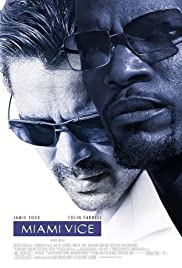
Miami Vice is a feature film based on the 1980s action drama TV series. The film tells the story of vice detectives Crockett and Tubbs and how their personal and professional lives are dangerously getting mixed.
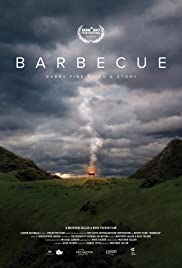
Barbecue is about more than grilling a piece of meat. It’s a ritual performed religiously across the world. For some it’s a path to salvation. It is the pride of nations. And the stories told around the fires become a way to bring the world together.
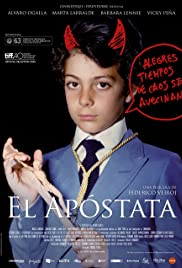
A young man navigates the bureaucracy of the Catholic Church when he tries to renounce his faith.
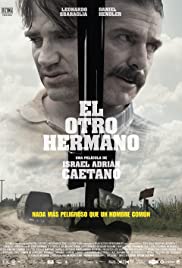
Cetarti is drowning in nothingness. With no job or purpose, he spends his days inside watching documentaries on television, until one day he is informed that his mother and brother were gunned down. He travels from Buenos Aires to Lapachito, a decrepit town in the province of Chaco in northern Argentina to deal with their bodies and to get the life insurance money. There he meets Duarte, a sort of boss in the town and a friend of his mother’s murderer who also kidnaps people for money. Cetarti’s path will lead him to committing illegal acts to get his hands on the insurance money and to his involvement in Duarte’s dark dealings, leading to an absurd and unexpected outcome.
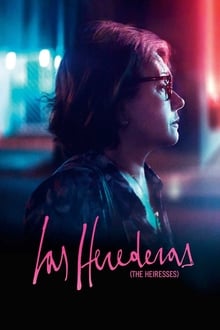
After her girlfriend is imprisoned on fraud charges, Chela is forced to face a new reality. Driving for the first time in years, she begins to provide a local taxi service to a group of elderly wealthy ladies. As Chela settles into her new life, she encounters the much younger Angy, forging a fresh and invigorating new connection.
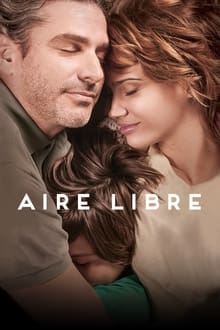
A couple of thirty-somethings struggling with life, marriage, work, a kid and a new bought house outside the city.
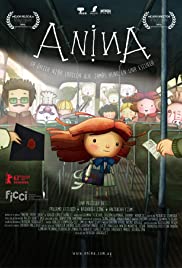
Anina Yatay Salas is a ten-year-old whose name spells trouble: those three palindromes in a row are an ongoing source of teasing at school. When a playground fight results in mysterious punishment, Anina will learn to put her problems in perspective and empathize with others in this sweet little daydream of a tale.
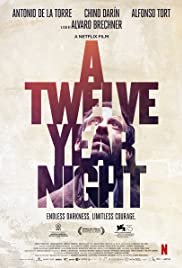
Uruguay, 1973. Having been crushed by the military dictatorship, surviving members of the Tupamaro guerillas are imprisoned and tortured. They must find a way to endure the coming 12 years.
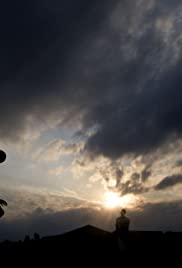
Away from professional stadiums, bright lights, and manicured fields, there’s another side of soccer. Tucked away on alleys, side streets, and concrete courts, people play in improvised games. Every country has a different word for it. In the United States, we call it “pick-up soccer.” In Trinidad, it’s “taking a sweat.” In England, it’s “having a kick-about.” In Brazil, the word is “pelada,” which literally means “naked”—the game stripped down to its core. It’s the version of the game played by anyone, anywhere—and it’s a window into lives all around the world. Pelada is a documentary following Luke and Gwendolyn, two former college soccer stars who didn’t quite make it to the pros. Not ready for it to be over, they take off, chasing the game. From prisoners in Bolivia to moonshine brewers in Kenya, from freestylers in China to women who play in hijab in Iran, Pelada is the story of the people who play.